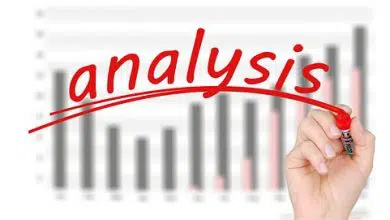Consumer Sovereignty
The concept of consumer sovereignty means to the vital role which consumers play in giving shape to the Productive efforts. The producers shall asses (a) the requirements of consumers, (b) the price payable by the consumers or purchasing power and, (c) the quantities demanded by the consumers before starting production. No businessman can be successful without taking a careful note of the consumer needs, likes and dislikes etc. The term consumer sovereignty has occupied a special place in capitalism.
Under capitalism, consumer acts like a king. What is to be produced and how much is to be produced will be determined according to the consumers preferences in a free market economy. In this economy consumers dictate terms to the producers. The entrepreneurs act according to the consumers’ demand. Only when their anticipations are correct with regard to consumers demand, they will be able to get profits. If their anticipations are wrong, they try to modify their pattern of production. Thus, the consumer plays the role of master and the producer acts as his servant. However, there are certain limitations to concept of consumer sovereignty. They are as follows:
Limitations To The Concept Of Consumer Sovereignty
1. The technical factors restrict the freedom of consumers choice. Sometimes the existing technology may not permit the producers to produce goods desired by the consumers.
2. Government policy may also restrict consumer’s choice.
3. Advertising and salesmanship also restrict the freedom of consumer’s choice.
4. Consumer’s choice is also affected by the lack of information with regard to the product availability.
5. Consumer sovereignty is also restricted by incomes. In a free market economy production is designed to satisfy the needs of the rich at the cost of the poor. So the choice of poor is suffered.
6. The productive capacity of the industry also limits the scope of the fulfillment of consumer needs.
7. The irrationality of consumers also restrict the freedom of choice.
8. Monopoly power may also restrict the choice of consumers.
9. In a socialist economy the government decides the basic needs o f the people and the priority of production.
10. Government may also influence the choice of consumers by offering fiscal incentives such as subsidies, tax rebates etc. If necessary, government may restrict the choice of the consumers with regard to consumption of certain harmful goods (i.e. cigarettes, wines etc.) by heavy taxation




